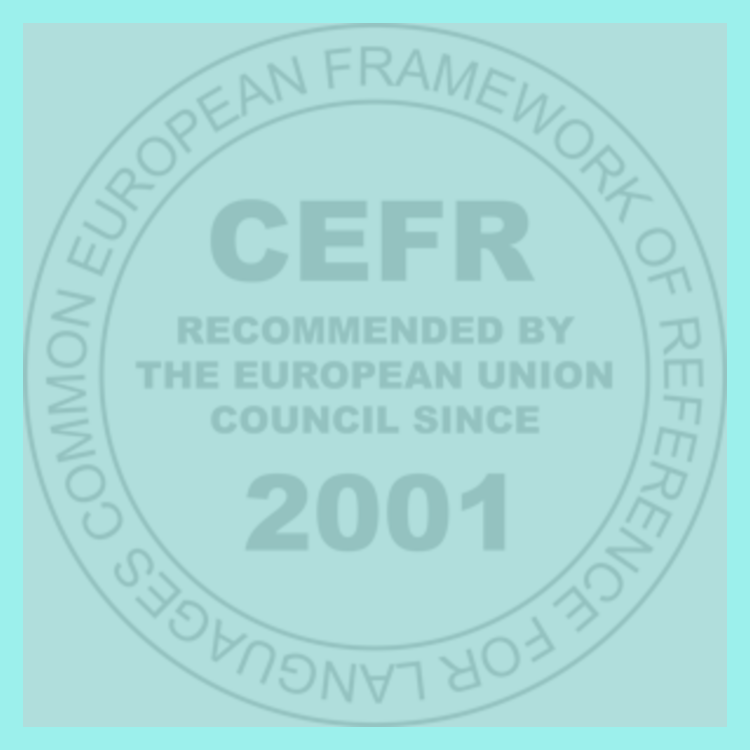A0-A1: Beginner
- Can recognise and use familiar words and simple phrases for concrete purposes.
- Can introduce himself or someone else and can ask and answer basic questions such as where he/she lives, people he/she knows and things he/she has.
- Can communicate in a basic way when the other person speaks slowly and clearly, and is ready to repeat or reformulate to help communication.
A2: Elementary
- Can understand isolated phrases and common expressions that relate to areas of high personal relevance (like personal or family information, shopping, immediate environment, work).
- Can communicate during easy or habitual tasks requiring a basic and direct information exchange on familiar subjects, using simple words.
- Can describe his or her surroundings and communicate immediate needs.
B1: Intermediate
- Can understand the main points of clear standard speech on familiar subjects in work, school, leisure activities, etc.
- Can manage in most situations that come up when travelling in a region where the language is spoken.
- Can produce a simple and cohesive text on familiar subjects or subjects of personal interest.
- Can narrate an event, an experience or a dream; describe a desire or goal, and outline reasons or explanations behind a project or idea.
B2: Upper Intermediate
- Can understand the main ideas of concrete or abstract topics in a complex text, including a technical article in the user’s area of expertise.
- Can communicate with a degree of spontaneity and fluency during a conversation with a native speaker, in a way that is comfortable for everyone.
- Can speak in a clear, detailed way on a number of subjects; express an opinion on current affairs, giving the advantages and disadvantages of the various options.
C1: Advanced
- Can understand a wide range of long and complex texts, including any subtextual or stylistic nuances.
- Can express him or herself freely and fluidly, without obviously fumbling for words.
- Can use the language effectively and fluently in a social, professional or academic context.
- Can speak in a clear, organised way about complex subjects, developing a well-structured argument.
C2: Proficient
- Can effortlessly understand almost everything he or she reads or hears.
- Capable of a coherent summary of events or arguments from oral or written sources.
- Can express him or herself precisely in a spontaneous, fluent way, conveying finer shades of meaning precisely.
This will give you an idea of the estimated number of hours of study you will need in order to reach each level of the CEFR. Please remember that the speed of your progress can vary according to your motivation, your effort and time put into personal study, your previous knowledge of other foreign languages, among others.
Level | Can be reached through ... hours of study | Total of study hours | |
|---|---|---|---|
A1 | 80 to 100 h | 80 to 100 h | |
A2 | + 100 to 120 h | 180 to 200 h | |
B1 | + 150 to 180 h | 350 to 400 h | |
B2 | + 200 to 250 h | 600 to 650 h | |
C1 | + 250 to 300 h | 850 to 900 h | |
C2 | To reach this level, the number of hours varies greatly from one person to another. | ||
Source : Le Centre international d'études pédagogiques (CIEP)
